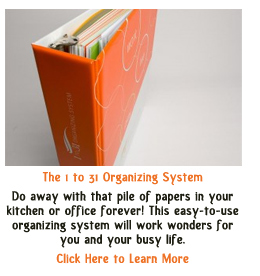From Overwhelm To Calm – Get Organized With Rowena List of Getting It Together And Elaine Tan Comeau
With Rowena List of Getting It Together And Elaine Tan Comeau, Host/Founder, Elaine’s Kitchen Table Podcast – Create Better Family, Health, Business, Self 
In this Podcast you will learn:
- What is a mind dump and how to do it.
- The 6 most important things.
- Dealing with paperwork.
- The three deadliest words.
- And the #1 Key., just to name a few.
Listen on for all the juicy tips and ideas.
http://www.elaineskitchentable.com/rowena
PS. Still needing a little help or support?
Book your FREE over the phone session with Rowena now.






-e1316208013787.jpg)